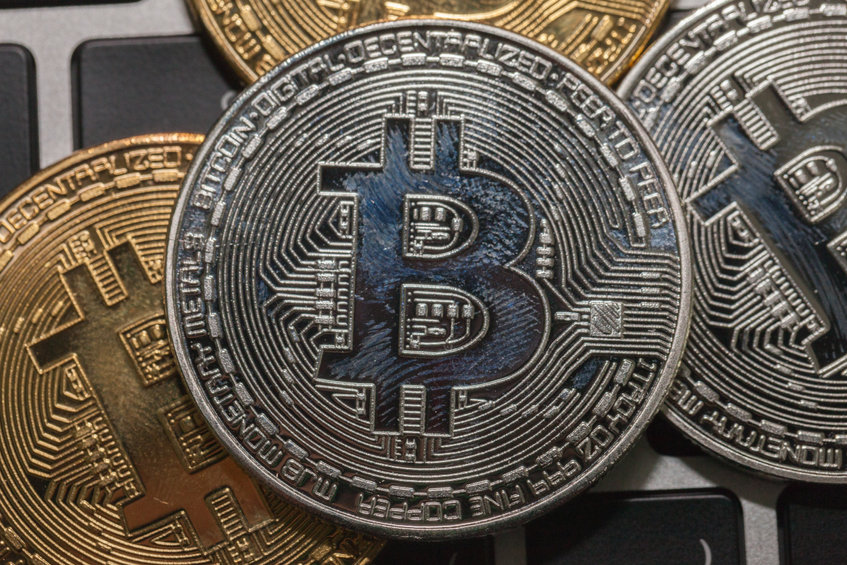
In February, India’s Finance Ministry introduced new tax proposals on cryptocurrency, with the effective date of the capital gains tax set for 1 April 2022.
That has been clear since. But what else might crypto holders need to keep tabs on?
What the Taxation of Virtual Digital Assets says
As part of her budget speech then, Finance Minister Nirmala Sitharaman announced a 30% capital gains tax on all Virtual Digital Assets (VDAs). She also introduced a 1% TDS levy on all transactions involving crypto.
The crypto community has also known since a clarification was announced two weeks ago, that there would be offsetting of losses in one asset with the income from another.
Also key is the clarification that costs of mining would not apply in tax calculations as cost of acquisition. More than that, using VDAs for gifts would also constitute a taxable event.
Note that non-fungible tokens (NFTs) also fall into the category of virtual digital assets.
Key dates
-
1 April 2022 – the effective date for the 30% capital gains tax on VDAs.
-
1 July 2022 – the 1% TDS levy on all cryptocurrency transactions.
The government needs to rethink this policy, crypto exec says
“Tomorrow, new crypto tax comes into effect. The Indian Government needs to rethink this tax policy,” Nischal Shetty, the CEO of crypto exchange WazirX tweeted on Thursday.
According to him, the taxes could force people to find ways to trade on foreign exchanges, trade without KYC or use grey markets. There could also be large tax defaulters, not to mention the potential for large claims of TDS refunds.
“The flat 30% tax rate may not prove the best outcome since it does not consider aspects of long and short term gains calculated in line with the holding period of VDAs,” Rishi Anand, Partner at DSK Legal told The Times of India.
“Gifting VDAs may not become mainstream due to this tax regime,” he added.

